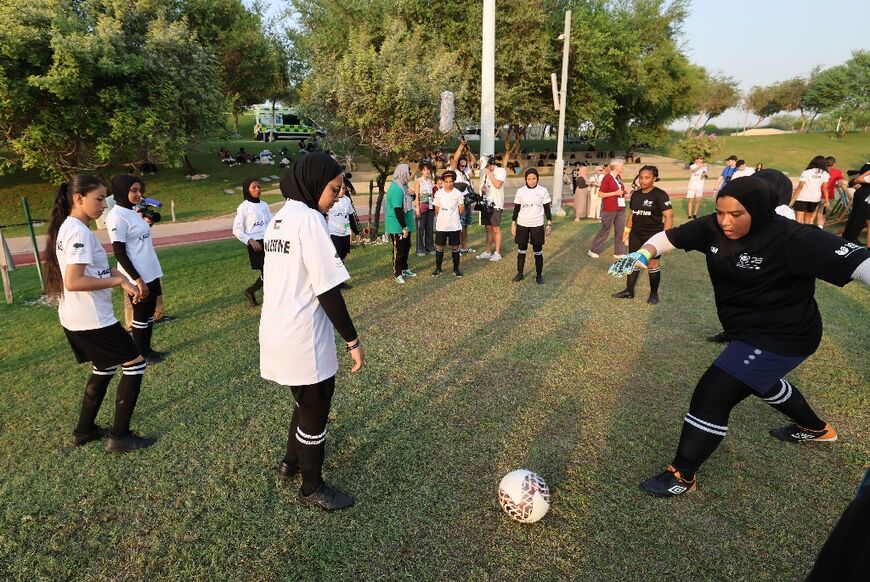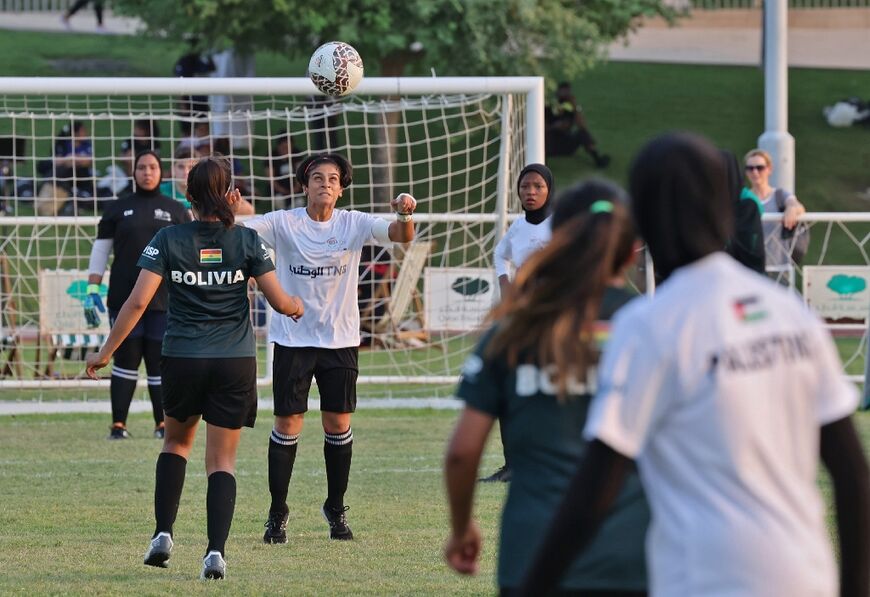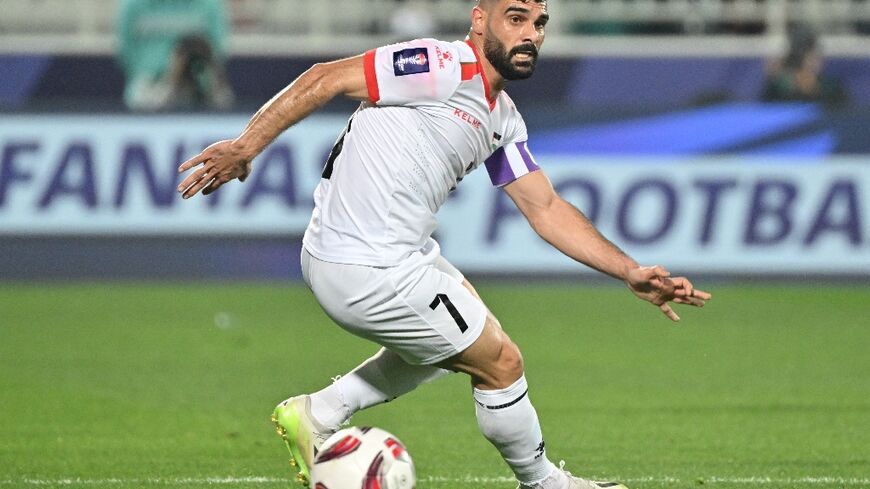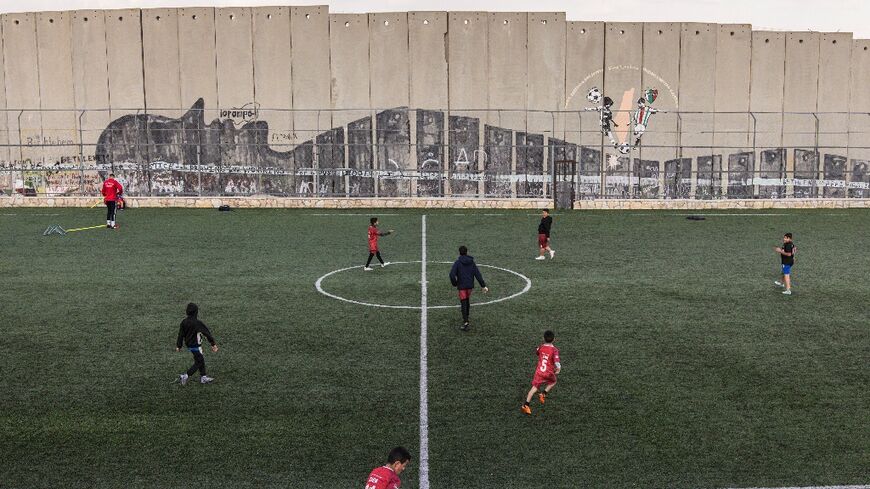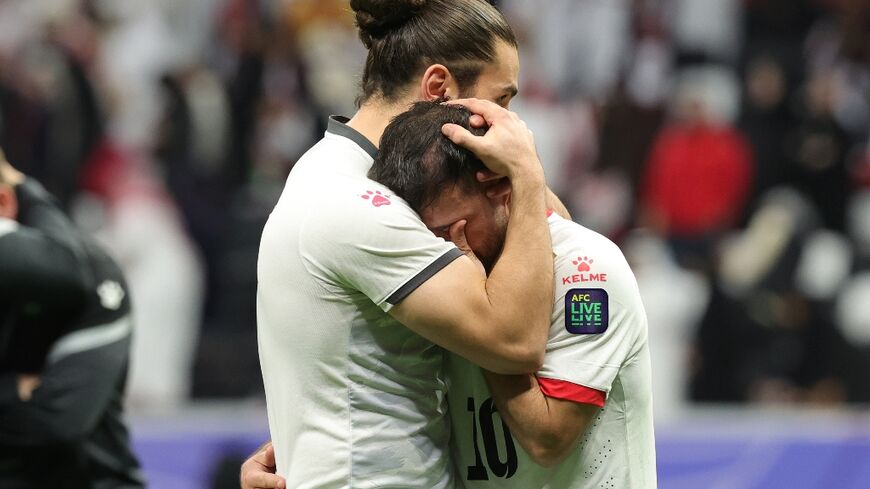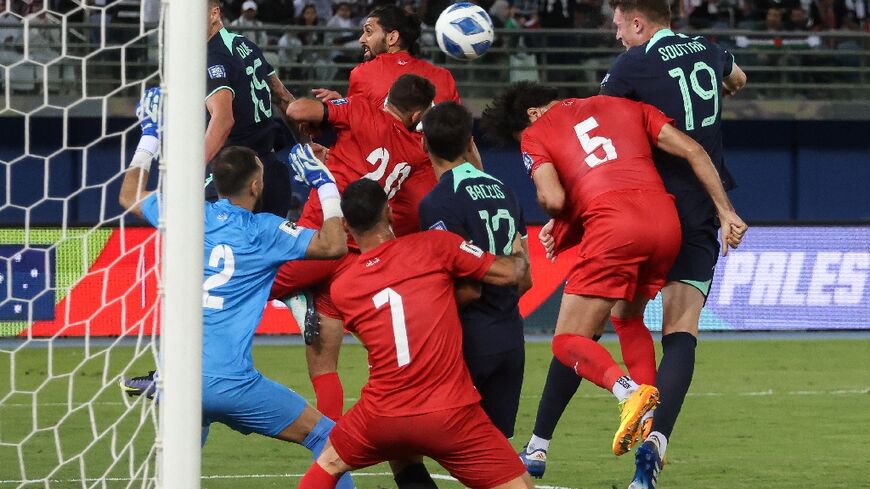Teens journey from bombs and bullets to the glare of a World Cup
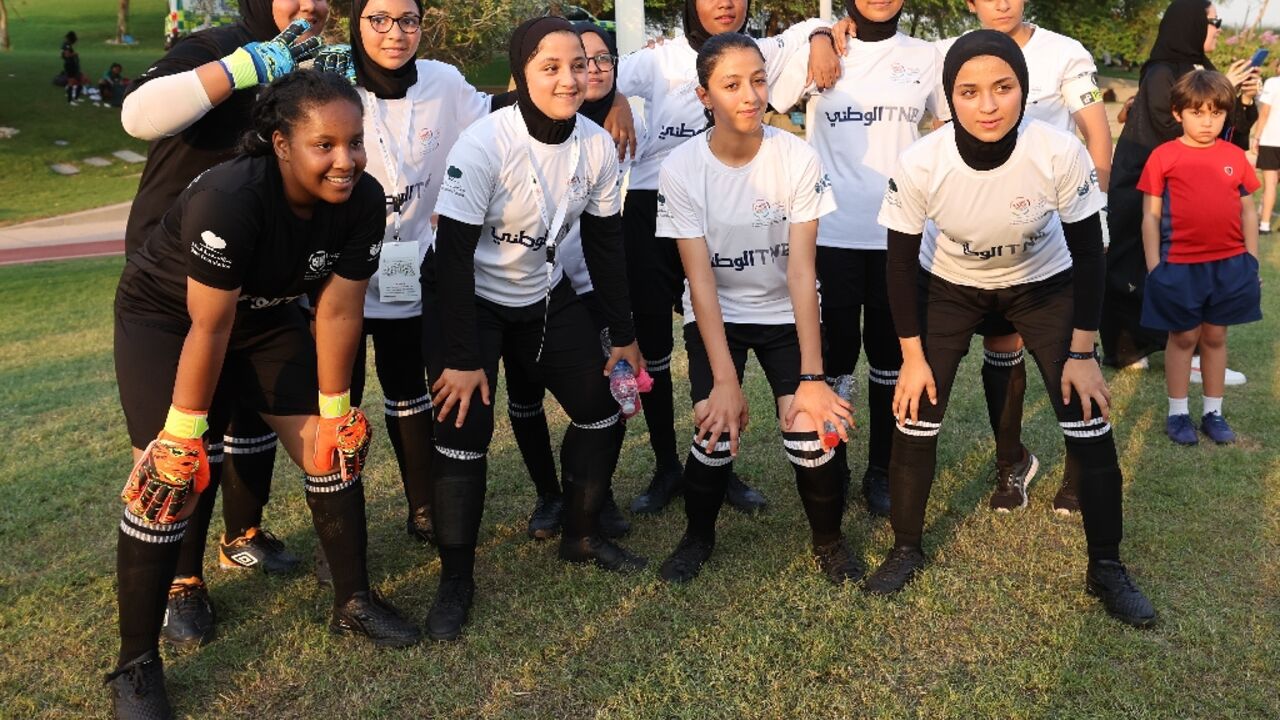
When Hazem Attar fled the stricken Syrian city of Aleppo seven years ago, he could not have imagined his brutal journey would lead him to a World Cup football match.
Then aged just 10, Attar told of how seven members of his family packed into a bus to escape the city that had endured more than three years of bombs and bullets from government forces.
They were put in a flimsy boat from the Lebanese coast that took them to Turkey, where they are now based.
"We escaped that tragic situation and now we are here today," he told AFP.
Attar is part of the first Syrian team to take part in the Street Child World Cup in Doha, now in its fourth edition, just ahead of the FIFA World Cup.
A Palestinian team is also taking part for the first time in the event that aims to give youth a chance to shine at football and to stake a claim to a better life.
The Street Child United organisation, which has brought together teams from 25 nations, says it has helped hundreds of children from troubled countries like Syria to secure a new passport.
Attar, dressed in a white tracksuit, said he wanted to achieve a good result in the tournament and to claim his "rights" -- "a safe country free from racism and free from wars".
He also wants to see families reunited, a chance to go to college and jobs for all.
- Sports and politics mix -
In another corner of Doha's Oxygen Park, girls in grey t-shirts with the Palestinian flag printed on them went through a final workout before their next match.
It took them three days to reach Doha from Tulkarm -- one of the most densely populated refugee camps in the occupied West Bank -- because of the many security checks imposed on people leaving the territory.
For most of the team, it was the first time they had left the West Bank.
Goalkeeper Haneen Saleh, 16, said the young women wanted to demand "the right to play, the right to education, the right to express ourselves".
Malak Aufi, also 16, told of how the camp's alleys are so narrow that no car can get through so she has to walk for an hour to get to school every day.
Children could only play in the alleys, she said, adding that they had to seek permission to train on a school field.
The facilities in Doha could only be dreamed of, and there were cheers as in different parts of the park, the Bangladesh team carried out fitness exercises, while Mexicans embraced each other before they played.
"Football is the language we all speak here," said Julia Pimenta, director of programmes at Street Child United.
The organisation's chief executive John Wroe said "it is a tournament full of hope and joy", adding that the players "respect each other...and listen to each other."
Though the Palestinian girls lost their game 3-0 and some cried at the end, they insisted they were not discouraged.
"Losing does not mean defeat, we are determined to win ... as a Palestinian people," Aufi said.


